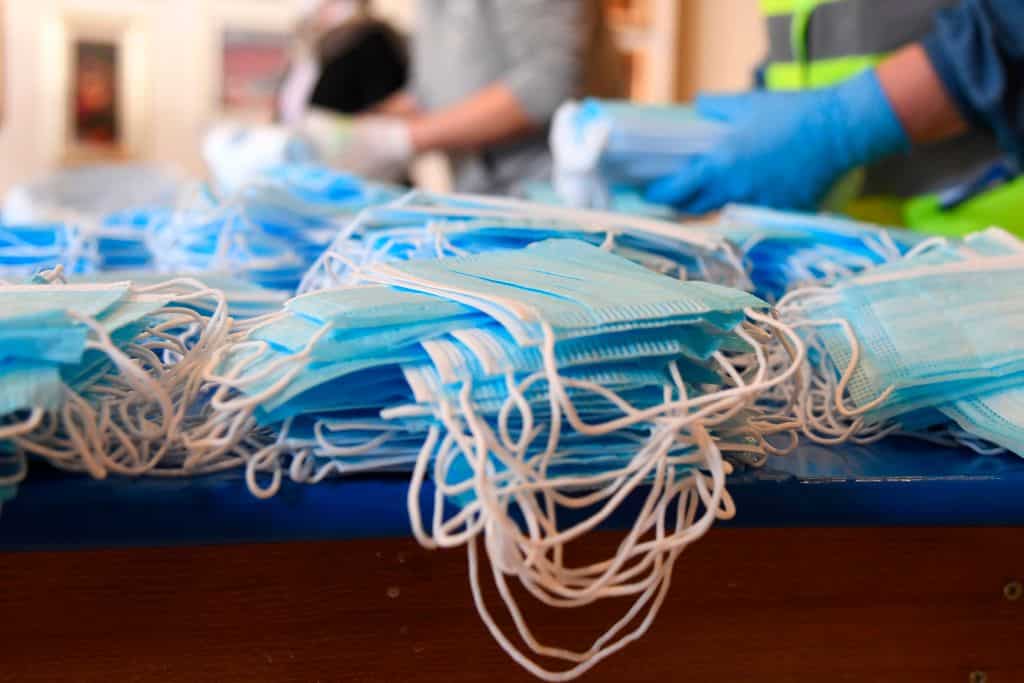A study on the effectiveness of masks in reducing COVID-19 is facing new challenges after a researcher highlighted the minimal infection differences between “treatment” and control groups among 600 villages in Bangladesh.
As reported by Just the News, the study, originally accused of design flaws and overstating its design flaws upon its release in August, shows new data of only 20 more COVID cases in villages that didn’t wear masks.
In a total study population of 342,126 adults, 1,106 people in the control group tested positive, compared to 1,086 in the treatment group.
“I have a hard time going from these numbers to the assured conclusions that ‘masks work’ that was promulgated by the media or the authors after this preprint [not yet peer reviewed] appeared,” University of California Berkeley professor Ben Recht wrote.
Recht said he was frustrated that teh “raw number of seropositive cases” was left out of the preprint, preventing him from “computing standard statistical analyses of their results.”
In light of the full release, "a complex intervention including an educational program, free masks, encouraged mask wearing, and surveillance in a poor country with low population immunity and no vaccination showed at best modest reduction in infection," Recht said.





